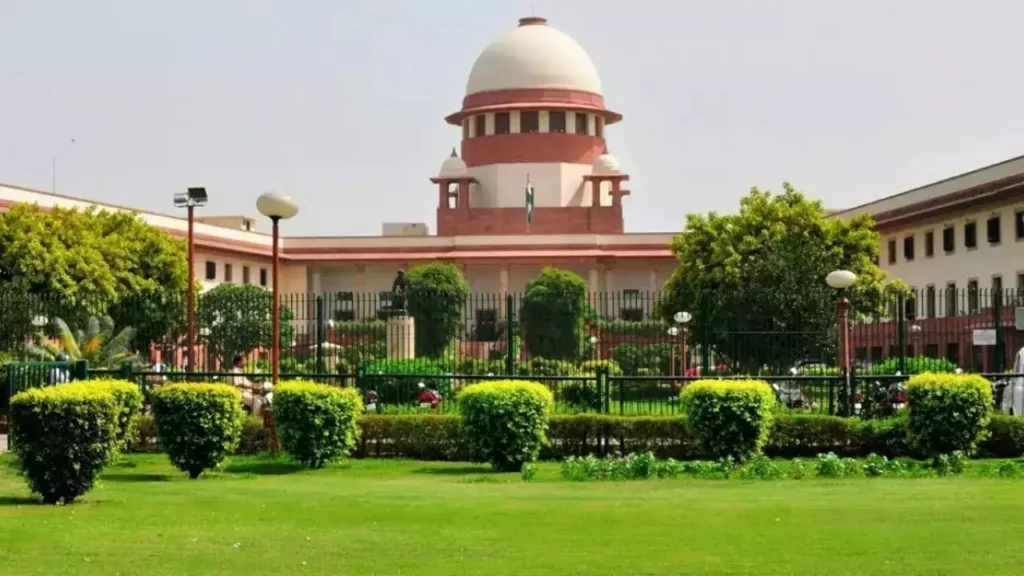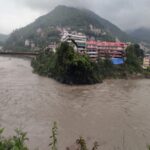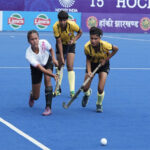
In a recent development that intertwines the realms of law, agriculture, and civil protest, the Supreme Court Bar Association (SCBA) has taken a significant step by reaching out to the Chief Justice of India, DY Chandrachud. But what is prompting legal professionals to seek judicial intervention against farmers participating in the ‘Delhi Chalo’ protest march, and what implications might this have for the ongoing farmers’ agitation?
SCBA President Adish Aggarwala penned a letter to the Chief Justice, highlighting concerns over the potential disruption caused by the ‘Delhi Chalo’ protest march, organized by farmers from Uttar Pradesh, Punjab, and Haryana. The march, which is a large-scale mobilization of more than 200 farmers’ unions, aims to press the Centre for several demands, including a legal guarantee for Minimum Support Price (MSP) for all crops, a full debt waiver, pension for farmers, and the implementation of the Swaminathan Commission’s recommendations.
Aggarwala’s letter voiced apprehensions that the protest could impede court proceedings, specifically requesting that no adverse orders be issued should lawyers be unable to attend court due to the agitation. This request underscores the potential logistical challenges and disruptions posed by the protest, not just to the daily operations of the Supreme Court but also to the broader legal community in Delhi.
In response to the anticipated protest, scheduled for February 13, heightened security measures have been implemented at Delhi’s borders. Police have erected barricades, suspended internet services in several districts, and imposed Section 144 at the Uttar Pradesh borders to maintain law and order. These measures, including multiple layers of barricades with concertina wires, nails, and huge concrete blocks and containers, have significantly impacted traffic flow and commuting between Delhi and neighboring NCR towns.
The SCBA’s call for suo motu action against the protesting farmers reflects a complex intersection of legal, social, and political dynamics. It highlights the challenges of balancing the right to protest with the need to ensure the uninterrupted functioning of critical institutions like the Supreme Court. As the situation unfolds, the response from the Chief Justice and the potential impact on the farmers’ protest and the legal community in Delhi will be closely watched.




































Leave a Reply